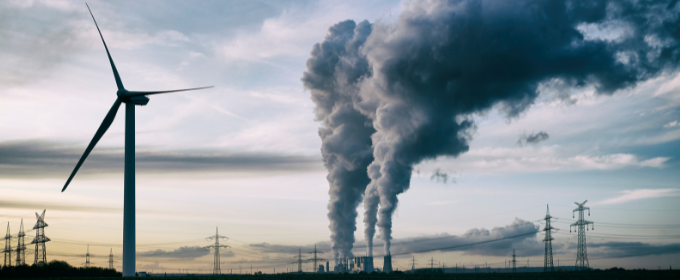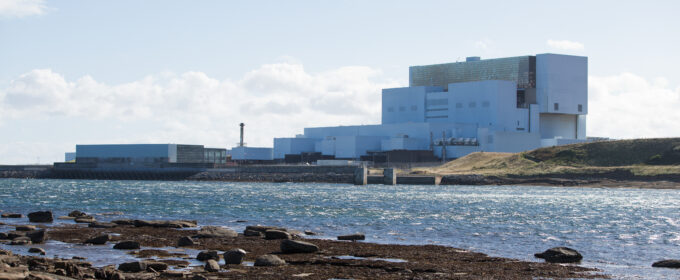The UK is heading towards a period of economic uncertainty. The cost-of-living crisis, inflation, and an increase in energy prices have further stressed the finances of households. With a rapid increase in the number of households experiencing difficulty in affording their domestic energy, many will be unable to secure the level of energy needed for […]









